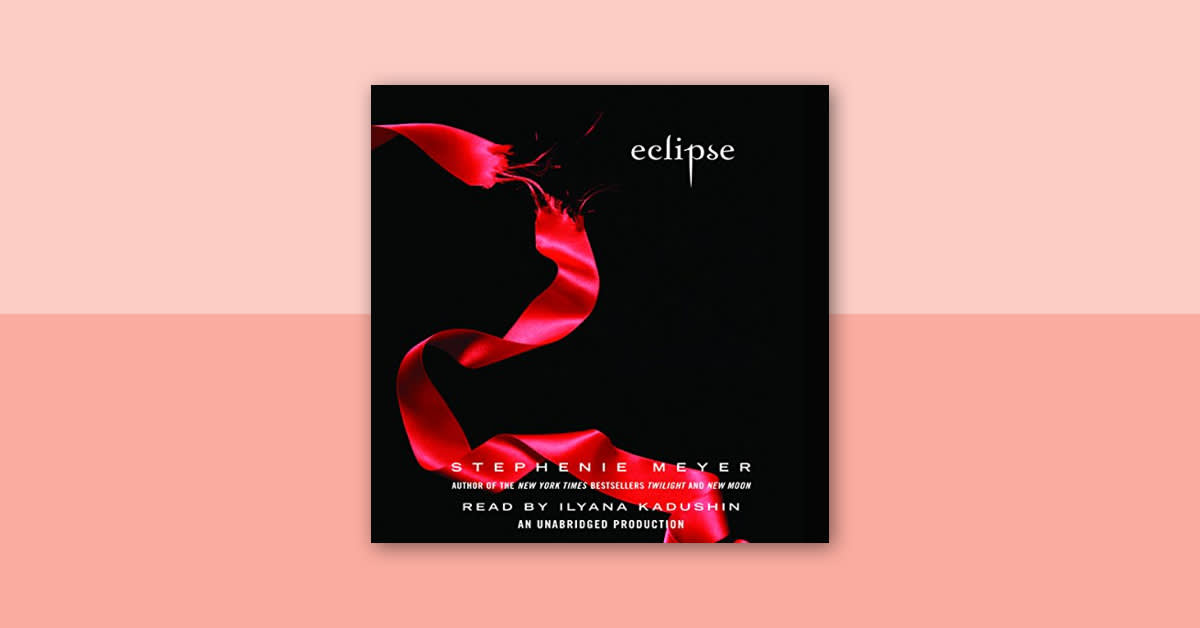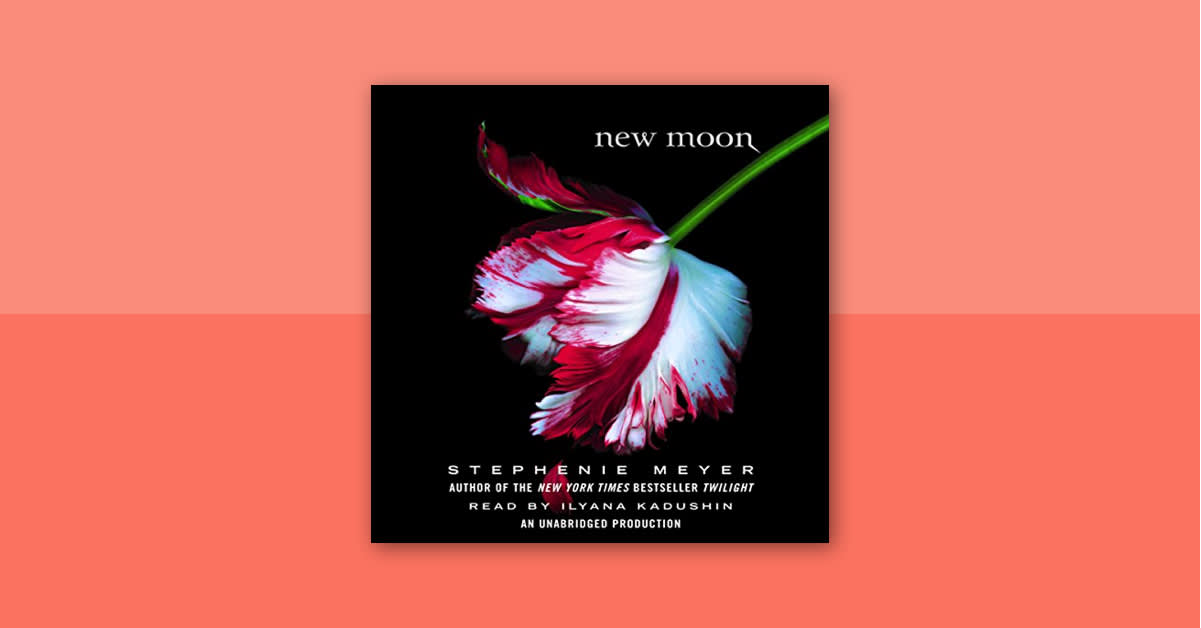's is more than just a young adult series—it was a cultural phenomenon that remains popular and continues to influence young adult literature, vampire fiction, youth culture, and pop culture. The original Twilight Saga includes four young adult fantasy romance novels that were released annually from 2005 through 2008. This series was followed by two companion novels, most recently , and a . In 2020, Stephenie Meyer revealed that she was working on two additional novels in the Twilight series. Meyer's Twilight books have been translated into 49 languages, selling more than 160 million copies worldwide. All four Twilight books in the original series broke records and dominated The New York Times best seller list.
What inspired The Twilight Saga?
It's hard to believe that a series that has meant so much to so many people started off as a dream—literally. After dreaming about a young girl and a vampire in love, Stephenie Meyer, who had never even attempted to write fiction before drafting Twilight, felt compelled to write their story. As Meyer has stated, each of the four novels in the original series owes a debt to a literary classic: Twilight takes its inspiration from Pride & Prejudice by Jane Austen; New Moon is inspired by William Shakespeare's Romeo and Juliet; Eclipse draws influence from Wuthering Heights by Emily Brontë; and Breaking Dawn is inspired by Shakespeare's Merchant of Venice and A Midsummer Night's Dream.
Meyer's personal life and outlook also have a major influence on her novels. Stephenie Meyer is a member of The Church of Jesus Christ of Latter-day Saints, so she doesn't drink alcohol or coffee, smoke, or watch R-rated movies. Subsequently, the characters in her novels live by this moral code. You won't find drinking, drugs, bad language, or gratuitous sex in Meyer's work because the author firmly believes that books don't need them to captivate teens. Meyer's characters also struggle with ethical dilemmas. Characters in the Twilight novels are often met with temptation and forced to find self-control to do what is right versus doing what they desire to do. These themes are connected to Meyer's strong religious beliefs as well.
Beyond her faith, Meyer also considers herself a feminist, and the female characters in her novels reflect her beliefs that women are just as strong, intelligent, capable, and independent as men. While some critics have argued that Meyer's novels are anti-feminist because they show women and men in traditional gender roles, Meyer asserts that true feminism is allowing women to choose whatever role they wish. Ultimately, Bella's own choices land her where she is at the end of the final novel.




